Market Maker in IPO - Meaning and Significance
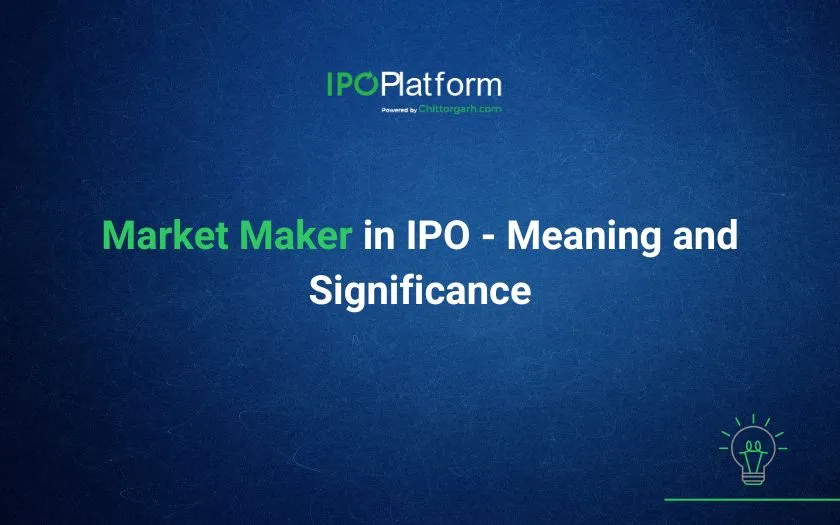
A market maker is an individual or a registered entity (usually a broker or trading member of a stock exchange) registered with SEBI in consultation with the Stock Exchange.
Market Maker
These financial intermediaries provide liquidity in a stock market by continuously offering to buy (bid) and sell (ask) specific securities during market hours. They play an important role by protecting the interests of individual shareholders and ensuring that trades or orders are executed on time. They reduce the market fluctuations in a listed stock.
Some of the prominent market makers are Hem Finlease Private Limited, Pantomath Stock Brokers Private Limited, Choice Equity Broking Private Limited, NNM Securities Private Limited and others.
List of Market Makers

Some well-known market makers in India include:
Scope/Role and how they work
Market Makers were introduced by SEBI to protect the interest of retail investors and to foster liquidity specially in SME segment. Without the presence of market makers, an investor who wants to sell their securities will not be able to execute their order. It is because the market doesn’t always have readily available buyers.
Each market maker displays buy and sell quotations (two-sided markets) for a number of shares guaranteed. Once the market maker receives an order from a buyer, they immediately sell their position of shares from their inventory. This allows them to complete the order.
A market maker must commit to continuously quoting prices at which it will buy (or bid for) and sell (or ask for) securities. Market makers must also quote the volume in which they're willing to trade, along with the frequency of time they will quote at the best bid and best offer prices.
List of Upcoming IPO approved by NSE, BSE
Key Features of a Market Maker
- Two-Way Quotes: They must post both a buy price and a sell price for the shares, rather than only buying or selling.
- Continuous Availability: They must be active for a minimum percentage of the trading day (for SME IPOs, SEBI requires at least 75% of market hours).
- Inventory Holding: They keep a certain number of shares in their account to fulfil orders quickly.
- Price Stability: Reduce volatility in low-volume stocks by narrowing the gap between bid and ask prices.
- Contractual Obligation: Market Maker signs a formal agreement in SME IPO with the Issuer to provide market-making for 3 years after listing.
Market Making Strategies

Spread-Based Market Making: Market makers earn money from the gap between buying and selling prices. They purchase a security at a lower price (bid) and sell it at a slightly higher price (ask), keeping the difference as their profit.
Statistical Arbitrage: This means spotting price differences in the market and making trades using statistical models to take advantage of them.
High-Frequency Trading: Market makers rely on high-frequency trading (HFT) algorithms to carry out thousands of trades within milliseconds, earning profits from tiny price changes.
Over-Flow Prediction: Market makers analyse past trading data and use AI-powered models to forecast market trends, adjusting their buy and sell orders based on those predictions.
Hedging: Market makers use derivatives such as options and futures to protect themselves from potential losses caused by unfavourable price movements in the securities they own.
https://www.ipoplatform.com/resources/mainboard-ipo-eligibility
Why Market Makers Exist: Is Market Making mandatory in IPO?
In the Mainboard IPO, large investor participation often ensures enough liquidity, so market makers aren’t always mandated.
Trading volumes might be very low after listing in the case of an SME IPO. Investors might face some challenges to buy or sell at a fair price in the absence of a market maker; hence, SEBI regulations make the appointment of Market Makers compulsory to protect the interests of shareholders.

Market Makers- What SEBI Requires
SEBI requirement of market makers for listing on NSE Emerge or BSE SME- Market makers are one of the essential financial intermediaries in IPO. Market making is mandatory for 3 years from the date of listing.
- The market maker must provide two-way quotes (bid and ask) for at least 75% of the trading day to ensure liquidity.
- Market makers have to undertake guaranteed execution of orders at the quoted price and quantity.
- Market makers are required to be SEBI registered, whether they are brokerage firms or individual traders. In addition to SEBI registration, market makers must also be registered as trading members with the stock exchanges where they intend to provide market-making services.
- Market Makers are restricted from buying shares from promoters during the market-making period.
- There can be up to five market makers per stock.
- The issuer must allocate 5% of the issue volume to the market maker and pay market-making fees for three years up front.
- SEBI and exchanges are considering some changes in eligibility criteria (currently not mandated) for being registered as a market maker. It has proposed net worth criteria of a possible range between ₹1 crore to ₹5 crores.
NSE Emerge Market Maker roles and responsibilities
The member brokers desirous of acting as market maker on the "Emerge" NSE SME Platform (IPO Eligibility norms) are required to apply for one-time registration as market makers. Some market makers registered with NSE Emerge include:
Kindly refer to circular Ref.No.: 798/2012 Download Ref.No. NSE/SME/MEM/21427 dated August 6, 2012 (Process for registering as the Market Maker on NSE Emerge)
- The minimum depth of the quote shall be Rs 1,00,000/-. However, the investors with holdings of value less than Rs 1,00,000 shall be allowed to offer their holding to the Market Maker in that scrip, provided that he sells his entire holding in that scrip in one lot, along with a declaration to the effect to the selling broker.
- Execution of the order at the quoted price and quantity must be guaranteed by the Market Maker for the quotes given by him.
- There would not be more than five Market Makers per scrip.
- The Market Maker may compete with other Market Makers for better quotes to the investors.
- The Market Maker has to start providing quotes from the day of the listing / the day of the respective scrip and shall be subject to the guidelines laid down for market making by the exchange.
- The Market Maker has to act in that capacity for three years.
Market Maker in Mainboard IPO
A market maker is generally required where it forms part of the listing framework, though SEBI does not impose the same level of market-making obligations as those applicable to SME platforms. The eligibility criteria, such as net worth requirements, are governed under stockbroker regulations, which mandate that an entity must maintain a minimum net worth of ₹1 crore in order to qualify as a trading member of the exchange.
How Do Market Makers Generate Revenue?
Market makers primarily generate income through the bid–ask spread—the difference between the prices at which they buy (bid) and sell (ask) securities. By purchasing at the bid price and selling at the ask price, they capture a small margin on each trade. Large trading volumes, even minimal spreads can result in substantial earnings for market makers.
Illustration: If a market maker quotes ₹100 as the bid and ₹100.10 as the ask, completing trades at both prices yields a profit of ₹0.10 per unit. Although the margin is narrow, the frequency and volume of transactions enable income generation over a period of time.
In addition to spreads, stock exchanges may provide incentives to market makers for ensuring liquidity, especially in less actively traded securities. These incentives are typically linked to meeting specific conditions, such as maintaining defined spread thresholds and committing to continuous quoting during market hours.
That said, profitability is not without risk. Market makers carry exposure by holding securities in volatile markets, where sudden price fluctuations can lead to losses. To mitigate such risks, they rely on effective risk management strategies, including hedging through derivatives and maintaining diversified portfolios.
IPO Readiness and IPO advisory
Factors of Market Maker
The following are a few significant factors that impact market makers’ operations:
- Bid-ask spread: Market makers constantly establish bid-ask gaps. Buying on bid and selling on ask helps them earn profits.
- Role in market stability: Market makers establish bid and ask prices to ensure stability in markets and strike a buyer-seller balance. In SME scrips, market makers are compulsory for 3 years to avoid any volatility in stock prices for the protection of individual investors.
- Profit mechanism: Market makers use the spread of the gap between the bid and ask prices to generate money.
- Ask size impact: The ask-to-bid ratio may affect market makers’ techniques, profit rates, and liquidity. If the asking price rises, market makers may earn less, making stock sales difficult.
- Market owner responsibility: Market owners are responsible for ensuring fairness, transparency, and trust in the market where the securities are traded. These market owners generally manage and operate the market, which creates an environment which is friendly for the transactions.
Comparison of SME IPO and Mainboard IPO with respect to Market making
|
Feature / Criteria |
SME IPO |
Mainboard IPO |
|---|---|---|
|
Market Making Requirement |
Yes, mandatory for 3 years |
Not universally mandated |
|
Two-Way Quote Obligation |
For at least 75% of trading time |
Not specified by SEBI |
|
Execution Guarantee |
Required |
Dependent on exchange norms |
|
Inventory Requirement |
Must hold sufficient inventory |
Varies |
|
Number of Market Makers |
Up to 5 per script |
Not specified |
|
Allocation to Market Maker |
5% of issue size |
Not typically required |
|
Fees Paid Upfront |
Yes, for 3 years |
Not applicable or varies |
|
Net Worth Criteria |
Proposed (₹1–5 crore range) as per the SEBI Stock Broker Regulations |
₹1 crore minimum to be an exchange trading member |
Who makes the appointment of the Market Maker?
Respective stock exchanges in general appoint market makers, particularly for designated market maker (DMM) roles. However, for SME (Small and Medium Enterprise) IPOs, the Issuer company appoints the market maker, in consultation with the merchant bankers. These market makers are then responsible for ensuring liquidity and facilitating trading in the company's shares.
- Stock Exchanges: Stock exchanges appoint market makers, especially for specific securities or to maintain fair and orderly markets. These appointed market makers are often referred to as Designated Market Makers (DMMs). They are crucial for ensuring liquidity and facilitating trading for the securities they are assigned to.
- Issuer Companies (in SME IPO): The company going public appoints its market maker(s). This appointment is typically done in consultation with merchant bankers. Book running lead managers manage the Issue in coordination with IPO advisors and other intermediaries. The market maker's role is to ensure liquidity and facilitate trading in the company's shares after the IPO.
- Market Maker Responsibilities: Market makers, regardless of who appoints them, are responsible for displaying buy and sell quotes (two-way quotes) for a specified number of shares. They must be prepared to buy or sell shares at the quoted prices, providing liquidity to the market. Market makers help prevent extreme price fluctuations and ensure that there are always buyers and sellers available.
- Regulations: Market makers operate under the regulations and bylaws of the stock exchange they are associated with. Market Makers are also governed by SEBI (Securities and Exchange Board of India) guidelines, and their appointment in an Initial Public Offer is done as per the SEBI ICDR Regulations, 2018.
IPO Eligibility Criteria in SME e-book
What is the difference between Market Makers and Brokers?
While both market makers and brokers facilitate trading, they operate differently:
|
Aspect |
Market Maker |
Broker |
|---|---|---|
|
Role |
Provides liquidity by offering bid/ask prices |
Facilitates transactions between buyers and sellers |
|
Profit Sources |
Earns from the bid-ask spread |
Earn commissions and fees from trades |
|
Risk Exposure |
Holds inventory of securities |
No direct market risk |
|
Order Execution |
Fills client orders internally |
Routes orders to exchanges or other brokers |
Are market makers and underwriters the same?
No, Market makers and Underwriters are two different financial intermediaries, each having its role and responsibilities in the stock market of India. Here are the major differences:
|
Aspect |
Market Maker |
Underwriter |
|---|---|---|
|
Main Function |
Provides continuous buy and sell quotes in a security to ensure liquidity. |
Helps a company issue new securities (IPOs, FPOs, bonds) by guaranteeing the sale of the issue. |
|
When They Operate |
After the security is already listed/trading in the market. |
Before and during the initial offering of the security. |
|
Goal |
Facilitate smooth trading and reduce volatility by narrowing bid-ask spreads. |
Ensure that the Issuer raises the required capital by subscribing to any unsold portion. |
|
Earnings |
Earns from the spread between the bid and ask prices. |
Earns fees/commission from the issuer and sometimes profits from selling securities at a markup. |
|
Risk Exposure |
Risk that the price moves against them while holding inventory. |
Risk that they cannot sell the securities at the offer price and may need to hold them or sell at a loss. |
Key Takeaways
SME IPOs have specific market-making obligations to ensure liquidity from day one, with explicit quotas, guarantees, and upfront arrangements.
Mainboard IPOs have less formal market-making rules under SEBI IPO regulations; most requirements come indirectly via broker membership norms (like net worth).
List of Market Makers in SME IPO
|
4A Securities Limited |
|
A GCM Securities Limited |
|
Achintya Securities Private Limited |
|
Aftertrade Broking Pvt Ltd |
|
Airan Finstocks Private Limited |
|
Ajcon Global Services Limited |
|
Alacrity Securities Limited. |
|
Almondz Global Securities Limited |
|
Amrapali Aadya Trading & Investments Private Limited |
|
Anuriti Multy Broking Private Limited |
|
Arch Finance Limited |
|
Arham Shares Private Limited |
|
Arham Wealth Management Private Limited |
|
Arihant Capital Markets Limited |
|
Artha Vrddhi Securities Limited |
|
Aryaman Capital Markets Limited |
|
ASIT C. Mehta Investment Intermediates Limited |
|
Asnani Stock Broker Limited |
|
B.N. Rathi Securities Limited |
|
Badjate Stock And Shares Private Limited |
|
Basan Equity Broking Limited |
|
BCB Brokerage Private Limited |
|
Beeline Broking Limited |
|
Bhaijee Portfolio Limited |
|
Bhansali Value Creations Private Limited |
|
BHH Securities Private Limited |
|
Bindal Equities Limited |
|
Black Fox Financial Private Limited |
|
Choice Equity Broking Private Limited |
|
Comfort Securities Limited |
|
Corporate Professionals Capital Private Limited |
|
Econo Broking Private Limited |
|
Equity Broking Private Limited |
|
GCM Securities Limited |
|
Girirj Stock Broking Private Limited |
|
Globalworth Securities Limited |
|
Goldmine Stocks Private Limited |
|
Gretex Share Broking Limited |
|
Guiness Corporate Advisors Private Limited |
|
Guiness Securities Limited |
|
Harjivandas Nemidas Securities Private Limited |
|
Hem Finlease Private Limited |
|
Hem Securities Limited |
|
Holani Consultants Private Limited |
|
Horizon Financial Consultants Private Limited |
|
IDBI Capital Markets and Securities Limited |
|
IKAB Securities & Investment Limited |
|
Indo Jatalia Securities Private Limited |
|
Innovate Securities Private Limited |
|
Intellect Stock Broking Limited |
|
Inventure Growth & Securities Limited |
|
ISJ Securities Private Limited |
|
Jainam Share Consultants Private Limited |
|
Jatalia Securities Private Limited |
|
Joindre Capital Services Limited |
|
JSK Securities and Services Private Limited |
|
K K Securities Limited |
|
K.M. Jain Stock Brokers Private Limited |
|
Kantilal Chhaganlal Securities Private Limited |
|
Keynote Capitals Limited |
|
Khajanchi & Gandhi Stock Broking Private Limited |
|
Khambatta Securities Limited |
|
Kunvarji Finstock Private Limited |
|
L F C Securities Private Limited. |
|
Mansi Share & Stock Broking Private Limited |
|
Market-Hub Stock Broking Private Limited |
|
Maverick Share Brokers Private Limited |
|
Microsec Capital Limited |
|
MLB Stock Broking Private Limited |
|
MNM Stock Broking Private Limited |
|
Monarch Network Capital Limited |
|
Moneylicious Securities Private Limited |
|
MSB E-Trade Securities Limited |
|
Multiplex Capital Limited |
|
N. Mohanlal Nagardas Stock Brokers Private Limited |
|
Narayan Securities Limited |
|
Naysaa Securities Limited |
|
New Berry Capitals Private Limited |
|
Nidhi Broking Services Private Limited |
|
Nikunj Stock Brokers Limited |
|
Nirman Share Brokers Private Limited |
|
NNM Securities Private Limited. |
|
NVS Brokerage Private Limited |
|
O J Financial Services Limited |
|
Oswal Shares & Securities Limited |
|
Pantomath Stock Brokers Private Limited |
|
Pentagon Stock Brokers Private Limited |
|
Prabhat Financial Services Limited |
|
Prabhudas Lilladher Private Limited |
|
Pure Broking Private Limited |
|
R.K. Stock Holding Private Limited |
|
Rainbow Securities Private Limited |
|
Rikhav Securities Limited |
|
Ryaman Capital Markets Limited |
|
Saffron Equity Advisors Private Limited |
|
Sernet Financial Services Private Limited |
|
Shah Investors Home Limited |
|
Share India Securities Limited |
|
Shilpa Stock Broker Private Limited |
|
Shree Bahubali Stock Broking Limited |
|
Shreni Shares Limited |
|
SKI Capital Services Limited |
|
Skyline Financial Services Private Limited |
|
SMC Global Securities Limited |
|
Sparkle Securities Solutions Private Limited |
|
Spread X Securities Private Limited |
|
SS Corporate Securities Limited |
|
Sunflower Broking Private Limited |
|
SVCM Securities Private Limited |
|
Swastika Investmart Limited |
|
Systematix Shares and Stocks (India) Limited |
|
Vasundhara Merchants Ltd |
|
VCK Share & Stock Broking Services Limited |
|
Vijeta Broking India Private Limited |
|
Wealth First Portfolio Managers Private Limited |
|
Wellworth Share and Stock Broking Limited. |
|
Wiinance Financial Services |


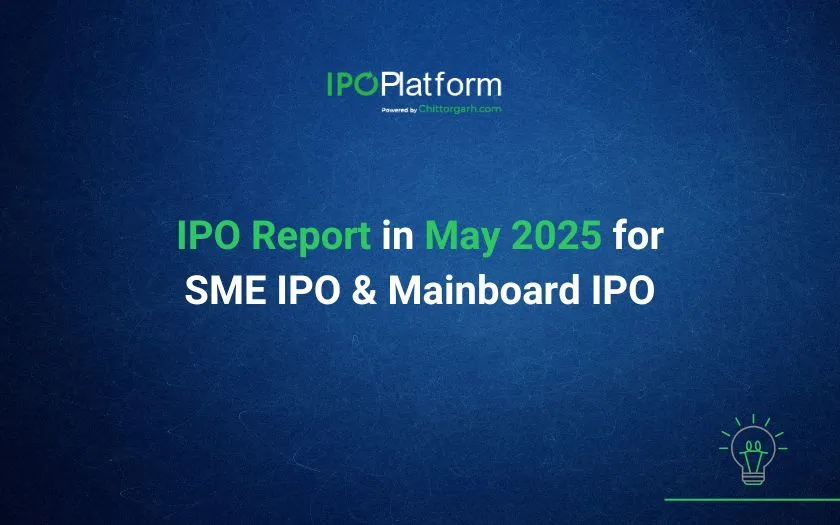
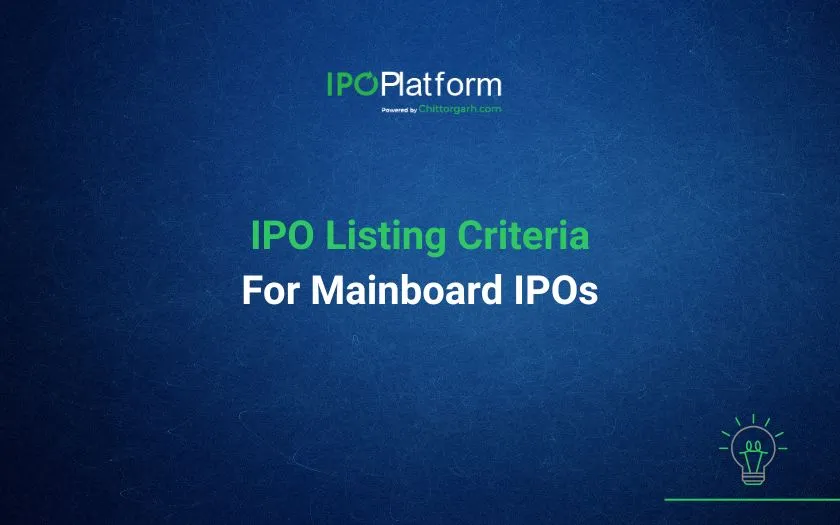
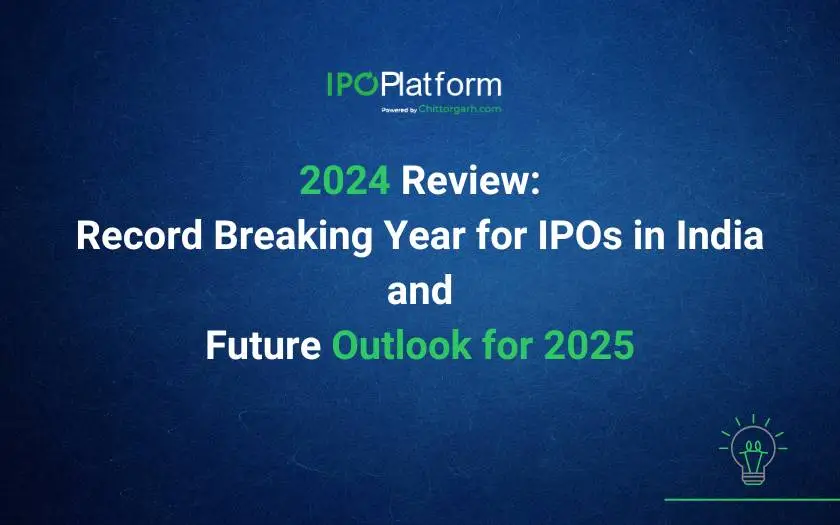
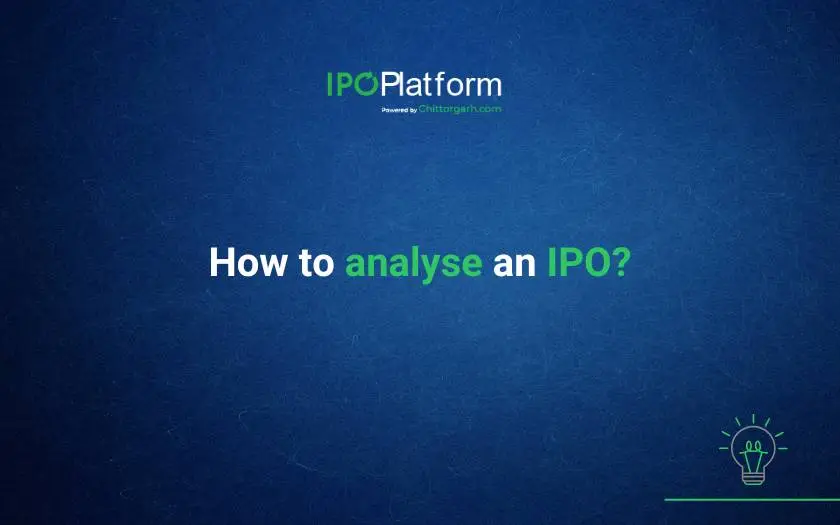
0 Comments